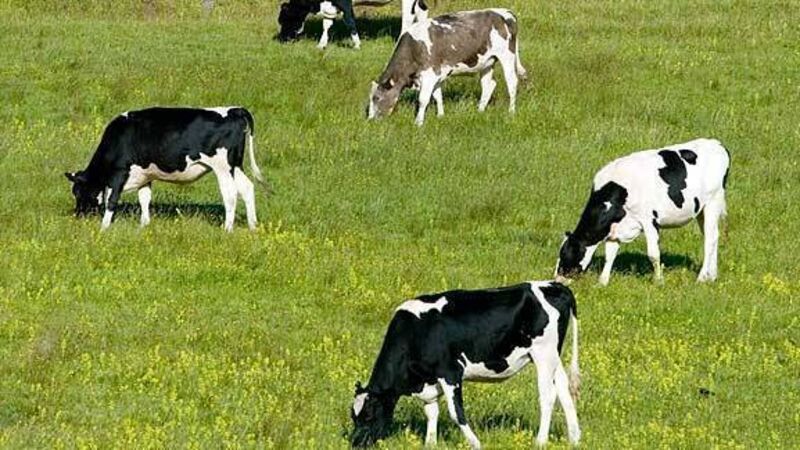Cultural shift challenges farm beliefs - Changing attitudes to meat

Speaking to 1,300 young people in Canada last month she said: “We need each of us to think about our carbon footprint. Eat less meat, or no meat at all. Become vegetarian or vegan.” One farm leader, John Comer, of the ICMSA , accused Mrs Robinson of “facile sensationalism”. His remarks were reflective of how our farm sector responded. Whether fear or science is behind that reaction only time can tell. These positions are polarised and it would be unwise to invest entirely in one or the other. However, the arguments against meat are gathering a momentum that cannot be easily ignored, especially in a country where meat is such an important part of the economy and culturally so deeply ingrained.
Those who want to eradicate or, more realistically, reduce meat consumption point out that so doing would have a huge impact on obesity, consequentially saving overstretched national health systems. They argue that the dystopian prospect of antibiotic resistance could be ruled out. They also believe that ending meat consumption would eradicate world hunger as vast swathes of land now used for animals could be used to produce plant-based foods. Some of those opposed to how we use meat argue that humans use grains and pulses more efficiently when we eat them rather than feed them to battery-reared cows, pigs or chickens. Most importantly, they believe that by ending or significantly curtailing meat consumption the terrible fears around climate change would at least be eased, if not ended altogether. Counterintuitively, they also suggest that by imagining we might resolve the great ethical issues around how we treat animals by turning to organic farming, by switching to free-range meat, dairy or eggs, does not bear real-world scrutiny. They argue that the quantities of land needed for organic farming, because of the relatively low output-per-acre ratio, may be kinder to animals but less so to the rest of the natural world.











